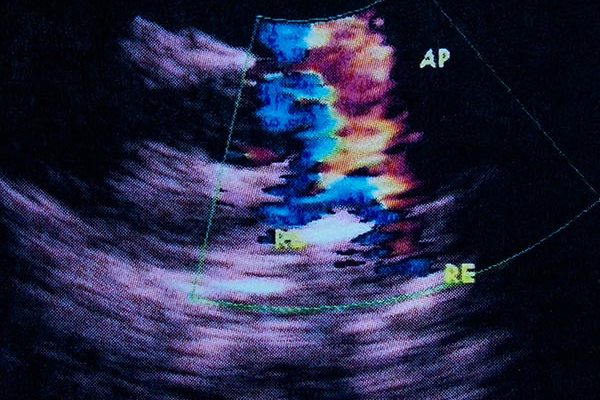A tool for predicting Alzheimer’s Disease with greater accuracy than conventional methods.
Proposed use
This technology is suggested for use in Alzheimer’s Disease, a disease in which current testing strategies are imprecise, especially in indeterminate or asymptomatic cases.
Problem addressed
It is estimated that nearly 44 million people worldwide have Alzheimer’s Disease or related dementia and that the disease remains undiagnosed in 3 out of 4 people.
A battery of tests with variable sensitivity including cognitive, neuropsychological, imaging and laboratory tests are required in combination to make a diagnosis of AD or a less severe but related condition, such as Mild Cognitive Impairment (MCI).
Even so, it is only with pathological assessment at death that AD diagnosis is definitive. This highlights the challenges and need for a more precise test that can better detect the presence of Alzheimer’s Disease in a patient.
Technology overview
This technology screens simple brain MRI images of those with or without symptoms and precisely detects Mild Cognitive Impairment or Alzheimer’s Disease in a given patient based on computational assessment of entire brain features.
Benefits
- Detecting AD or MCI early, and accurately. This provides the best possible chance to apply early therapeutic interventions to halt disease progression
- Aid in better diagnosis and selection of patients for pharmacological studies during clinical trials, which may aid clinical trial success.





